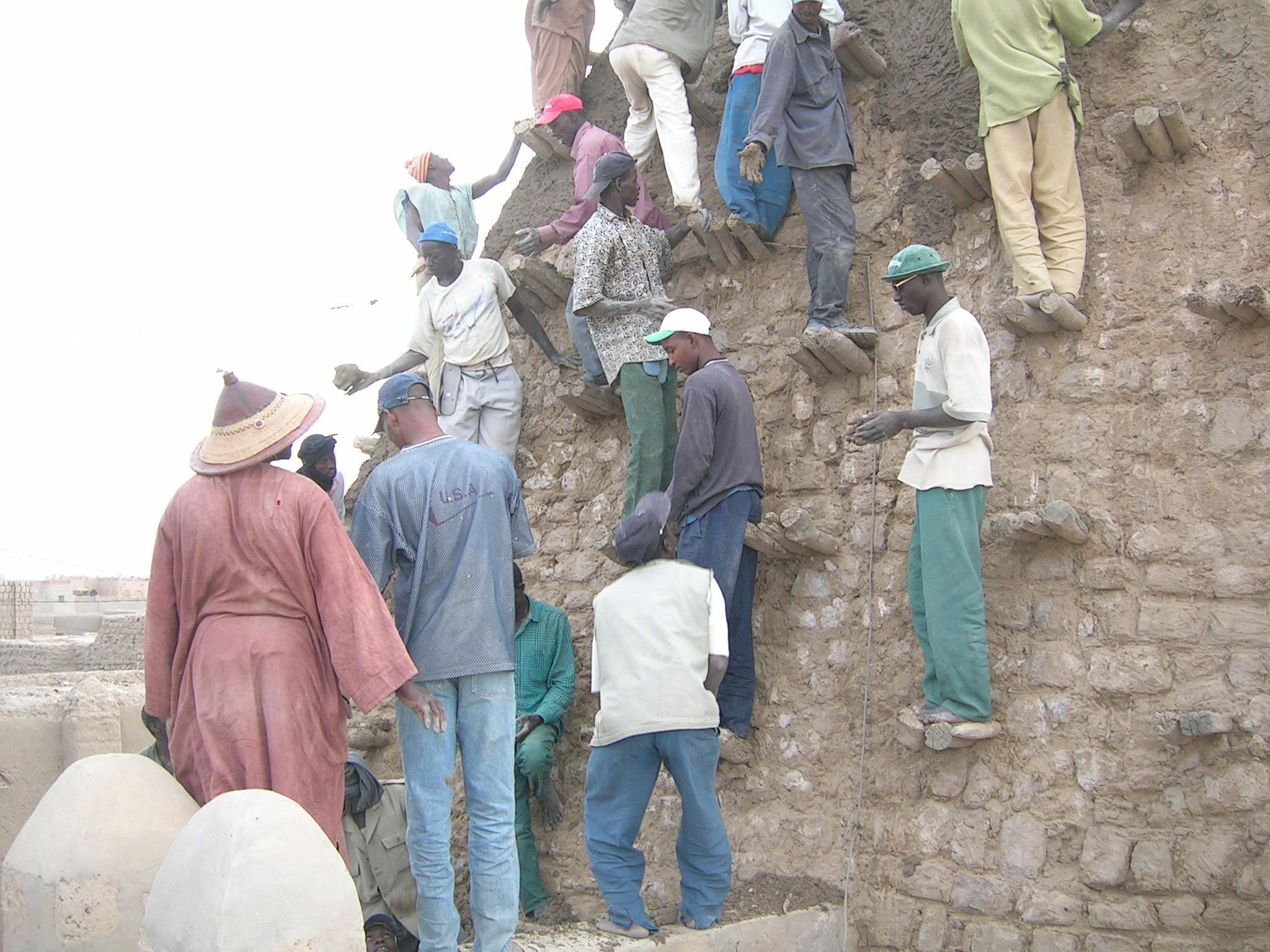This talk will assess the various fields of international law dealing with heritage under threat, including humanitarian law, international criminal law, human rights and cultural heritage law, and discuss these in light of the current challenges facing heritage under threat today.
Organisors: Studium Generale Universiteit Leiden and Leiden University College
Venue: Leiden University College, Auditorium
Anna van Buerenplein 301, The Hague
Free and open to the public.
Limited seats available - please register in advance at the Leiden University Studium Generale department
 Speaker: dr. Amy Strecker is Assistant Professor in Heritage and Governance and Postdoctoral Researcher within the ERC Synergy Project Nexus1492 at the Faculty of Archaeology, Leiden University. She is also the research coordinator of the theme ‘heritage under threat’ with the Leiden-Delft-Erasmus Centre for Global Heritage and Development. Her research focuses on the interplay between landscape, heritage and human rights, particularly the notion of landscape as ‘public space.’
Speaker: dr. Amy Strecker is Assistant Professor in Heritage and Governance and Postdoctoral Researcher within the ERC Synergy Project Nexus1492 at the Faculty of Archaeology, Leiden University. She is also the research coordinator of the theme ‘heritage under threat’ with the Leiden-Delft-Erasmus Centre for Global Heritage and Development. Her research focuses on the interplay between landscape, heritage and human rights, particularly the notion of landscape as ‘public space.’
 Discussant: dr. Cecily Rose joined the Grotius Centre in September 2013 as Assistant Professor of Public International Law. She is currently engaged in research in the fields of international dispute settlement and transnational criminal law, particularly regarding corruption and money laundering.
Discussant: dr. Cecily Rose joined the Grotius Centre in September 2013 as Assistant Professor of Public International Law. She is currently engaged in research in the fields of international dispute settlement and transnational criminal law, particularly regarding corruption and money laundering.
The idea that heritage is under threat is certainly not new: historically, cultural symbols have always been targeted in times of conflict and transition, but destruction is increasingly visible today with social media and its use as a tool by certain groups to elicit a public response.
Two aspects make the destruction of heritage a matter for international law, both of which were alluded to by the Prosecutor during the recent Al Mahdi case at the International Criminal Court (ICC): the destruction of important cultural heritage sites is an affront to the values of humanity as a whole. This was clear at the reaction to many similar acts of destruction, for example, during the war in the former Yugoslavia at the shelling of Dubrovnik and Mostar, at the deliberate destruction of the Buddhas of Bamiyan by the Taliban in 2001, and more recently at the attack on Palmyra and other heritage sites in Syria, Iraq and beyond.
The second is the close link between cultural sites and the rights of communities attached to them. The Al Mahdi case, which concerned the deliberate targeting of mosques and mausoleums in Timbuktu, was as much about the role these monuments played in the rites and practices of the local inhabitants, as it was about the destruction of physical monuments themselves.
However, not all destruction or threat to heritage is intentional, and indeed, heritage is also under threat due to environmental factors, as well as in non-conflict situations (think of large infrastructural or resource extraction projects which go under the radar but which are often more widespread).

